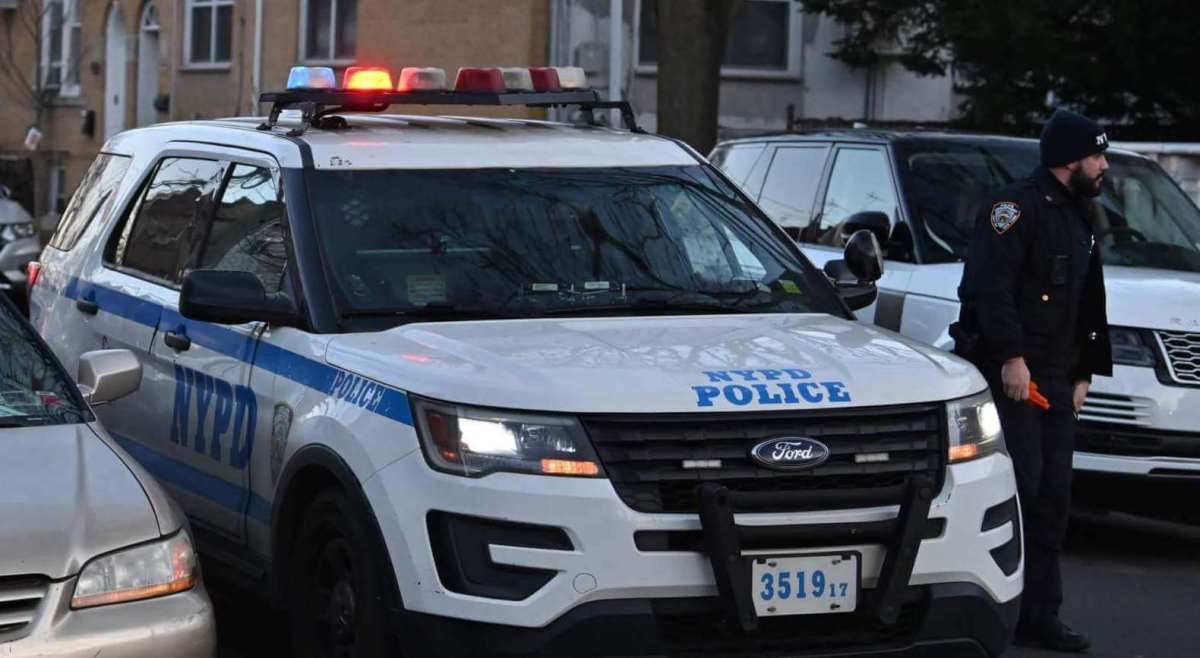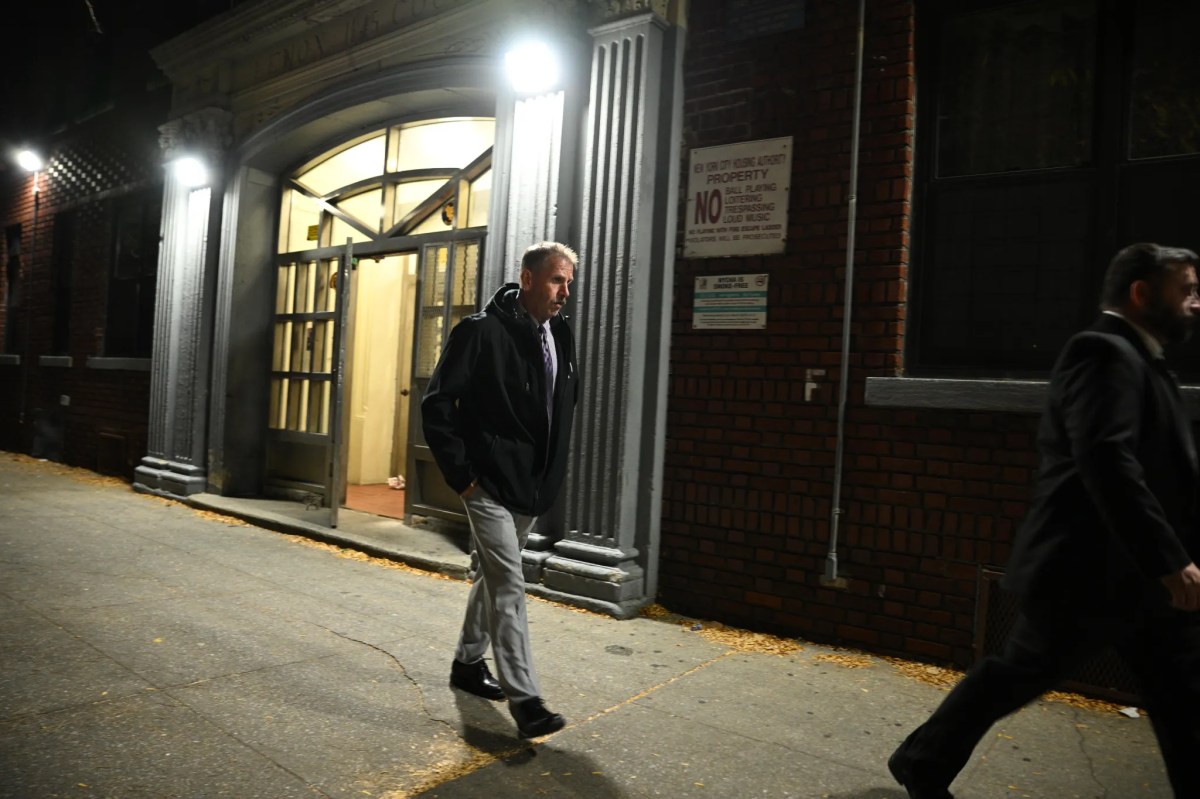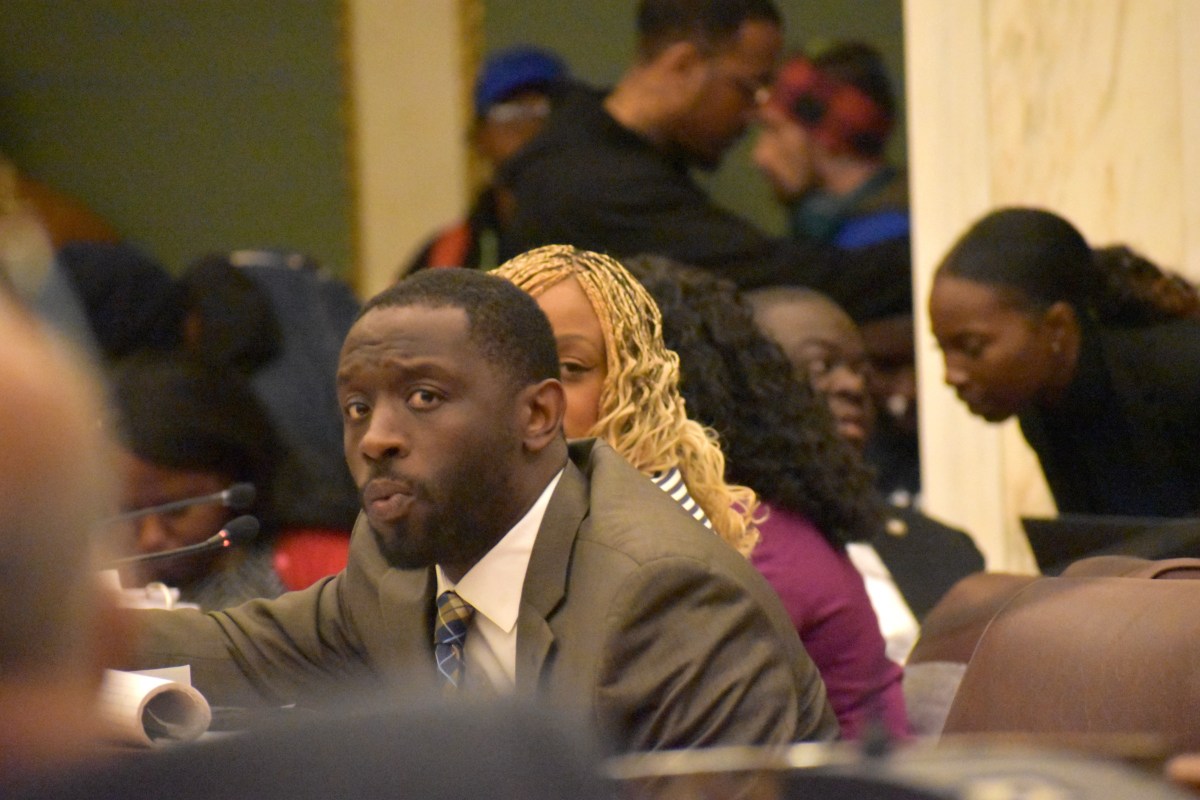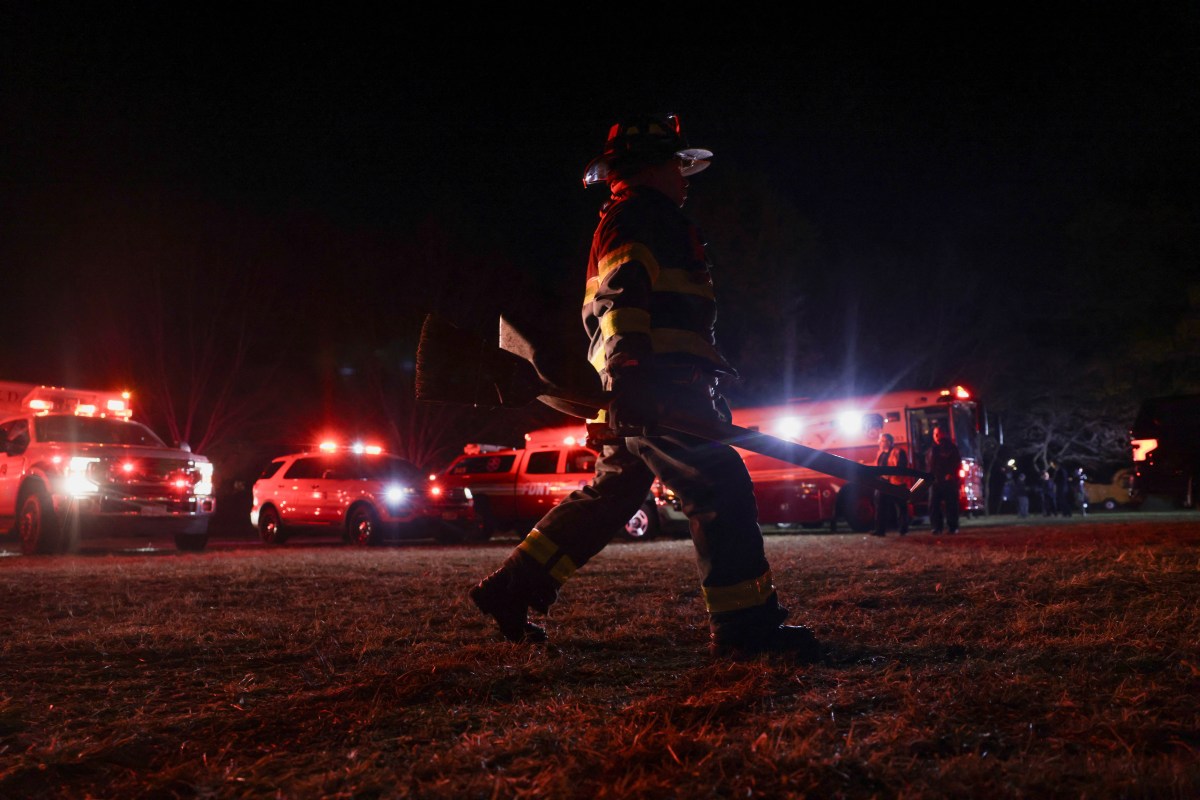One of the standout scenes in the new indie “The Wannabe” finds its mafia-infatuated antihero, Thomas, spotting Eric Roberts in a bar. Thomas is a big fan of Roberts’ work in the 1984 crime classic “The Pope of Greenwich Village,” so he approaches the actor, all the while calling him by his character’s name. That’s happened to Vincent Piazza, who plays Thomas. “Some people when they meet me, they speak to me, but mostly in terms of the plot of the show I’m on,” Piazza tells us. “They say, ‘What’s gonna happen with Charlie?’ They’re very serious.” When Piazza was on “Boardwalk Empire,” he says people would be shocked to discover he’s polite and friendly, i.e., nothing like his character, Lucky Luciano. “There was always a moment of, ‘You’re him?’ What did you expect, that I’d walk in with that archaic accent?” At least with “The Wannabe” Piazza has some connection to the material. It tells the story of Thomas and Rosemarie Uva, a Queens couple who in 1992 started sticking up mafia society halls, robbing unsuspecting members of whatever dough was on them. They were called a modern-day Bonnie and Clyde — or, as per the Daily News, “Bonnie and Clod.” Eventually they were whacked. RELATED: Review: “Youth” is a funny/sad look at Michael Caine doing nothing A native of Maspeth, Queens, Piazza was around when the Uvas were knocking about. But “The Wannabe” — which stars Patricia Arquette as Rosemarie — doesn’t stick to the letter of the story, and Piazza says their tale was more an entryway into looking back at that period of time in New York, when the John Gotti trial had become a media circus and the old kind of New York mob was fading away. It also explores pop culture’s obsession with the mafia, through movies and iconography. Thomas is introduced sitting in on the Gotti trial, staring at him like he was a James Cagney, who is seen on his television set, in 1939’s “The Roaring Twenties,” early on. “At what point do the lines blur? Are modern mobsters acting like the movies?” Piazza asks. “Here’s a kid who’s taking cues from both sides: how to dress like this mobster, how to act from this guy on TV. There’s a weird soup he was a part of.” There’s a long history of gangster movies Piazza could draw from, but he cites as a major influence for him “Dog Day Afternoon,” another movie about nobodies in well over their head. He even namechecks Martin Scorsese’s “King of Comedy,” comparing Thomas to Robert De Niro’s powerfully oblivious would-be standup comic Rupert Pupkin. “I saw them as kins, these characters, even though what they pursued was very different,” he says. Piazza says “The Wannabe” captures the way connected men weren’t the swaggering types in movies but just guys from the neighborhood.
“All the soldiers, they had regular lives,” he recalls. “It was another way of living, at least back then. They walk a few blocks from their house, they take the $3000 from their pocket, they want to gamble, they want to play cards and hang out with each other.” RELATED: Interview: Vincent Piazza on playing the roughest of the “Jersey Boys” Piazza no longer lives in Queens, and he’s not as connected to the borough as he once was. But he knows it well enough to sense that it’s changed dramatically.
“It feels more modern,” he explains. “Back then the neighborhoods were very compartmentalized. There were many ethnicities, but they were in different sections and blocks.” Today the different groups are more open to mixing together. “I’d be curious to see what a teenager’s point of view from the neighborhood today would make of this film — if any of that stuff exists anymore.” “The Wannabe” isn’t the first film about the Uvas. Only last year there was “Rob the Mob,” with Michael Pitt and Nina Arianda as Thomas and Rosemarie. Piazza admits to still not having seen it, though he’s aware it’s more comedic, a little sweeter, not as dark as the film starring him. “There were so many liberties taken with our story,” Piazza says. “It would be scary if they were similar.”
Vincent Piazza on people confusing him with his characters
Follow Matt Prigge on Twitter @mattprigge
























